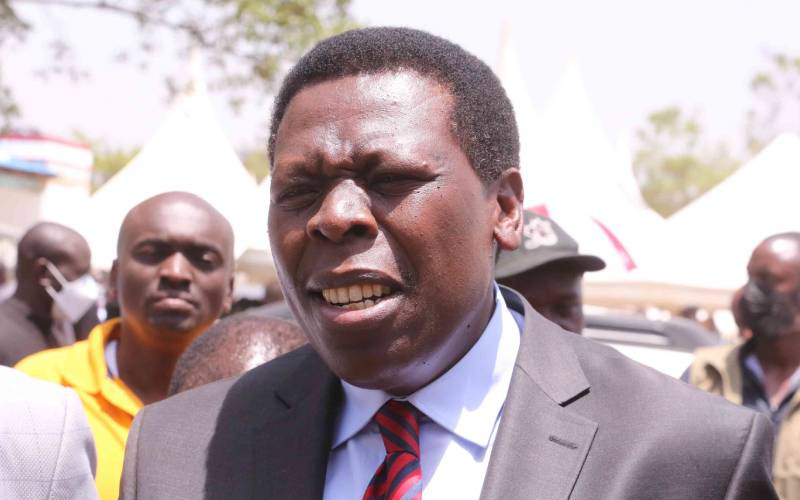×
The Standard e-Paper
Stay Informed, Even Offline

A slap might be nothing until it’s executed by a politician. And the hot the better, especially when it didn’t happen.
And them slaps, if history is believed, have been around for a long time.